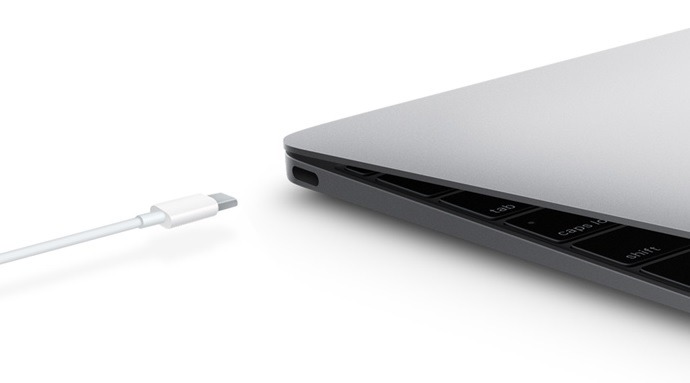It will soon be much easier for consumers and businesses to determine whether a USB-C device is genuine and can be trusted, thanks to the newly introduced USB Type-C Authentication specification.
Under the new program, the USB Implementers Forum will test and certify USB-C cables, chargers, and other devices. End-user products — such as computers and mobile phones — will be able to cryptographically verify that the cable or charger to which it is connected has been certified and has not been tampered with.
The wide reach of USB makes such a certification program difficult, but ultimately advantageous for all parties. Consumers have long been threatened by the proliferation of faulty power adapters, miswired cables that can short out connected electronics, and even cables that install malware or conduct man-in-the-middle attacks on peripherals or devices.
Businesses face similar threats — malware-laced flash drives are a headache for information security professionals — and often resort to banning USB entirely on corporate campuses.
Under the new program, devices could be configured to only allow connection to or draw power from certified USB-C cables and chargers. Businesses could go a step further, limiting connections to specific models.
"USB is well-established as the favored choice for connecting and charging devices," USB 3.0 Promoter Group Chairman Brad Saunders said in a release. "In support of the growing USB Type-C ecosystem, we anticipated the need for a solution extending the integrity of the USB interface. The new USB Type-C Authentication protocol equips product OEMs with the proper tools to defend against 'bad' USB cables, devices and non-compliant USB Chargers."
Apple has long employed a similar approach with its proprietary cables, though in many cases third parties found workarounds and continued to sell illegitimate accessories that masqueraded as approved. It remains to be seen whether USB-C can avoid the same fate.
 AppleInsider Staff
AppleInsider Staff








 Brian Patterson
Brian Patterson
 Charles Martin
Charles Martin


 Malcolm Owen
Malcolm Owen
 William Gallagher
William Gallagher
 Christine McKee
Christine McKee
 Marko Zivkovic
Marko Zivkovic









8 Comments
The main argument against having just one port for everything on the retina MacBook.
As the saying goes, a fool and its money are soon parted. This is what you buy stuff from a known source and buy it from the cheapest place you can find. The other saying most people ignore you only get what you are paying for.
Needless to say I never had any of this issue listed in the article, but I am neither a fool or a cheap scape
This is one ugly program and will likely be used like Apple MiFi program to keep manufacture off a platform unless they play to pay. If you are an electronic technician you may be familiar with USB based oscilloscopes which could have fantastic potential in combo with Apples iPad. I say could because no manufacture has yet to support such a connection and that is directly due to Apples MiFi program.
In in the end when consumers realize how much they will be getting screwed over by such features I think you will see considerable backlash.
Good idea. Let's see how it works out in practicality. As noted in the article, the Apple lightning connector certification has been worked around...